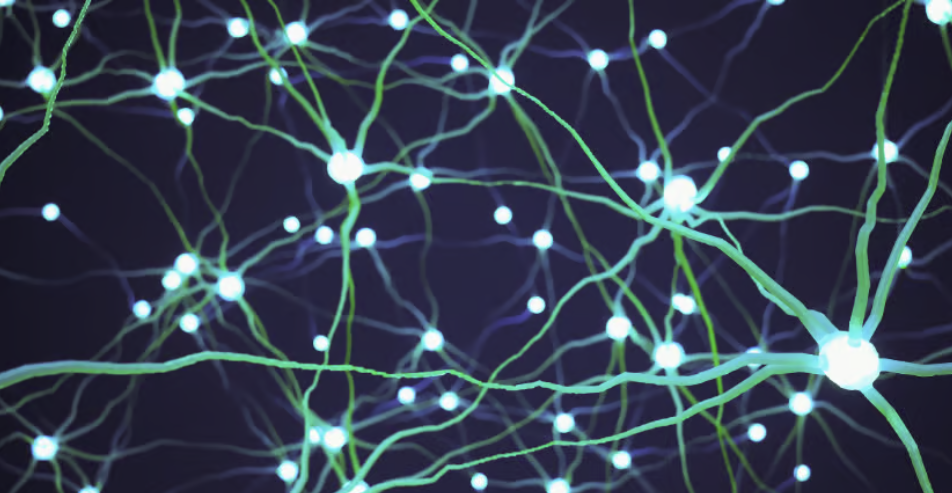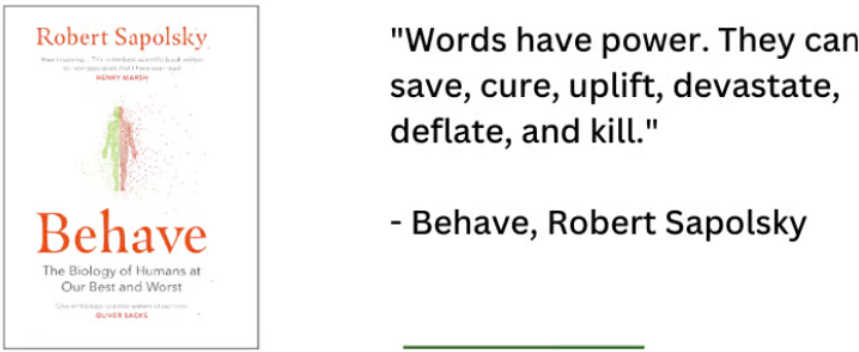

Welcome to Between Calls, your weekly dose of hand-picked stories from the worlds of digital marketing, wellness & science. Blending commerce, consciousness & curiosity between calls brings you insights to make you think & think again.
In this week’s edition, we will delve into the art and science of data-driven content personalization. As the digital landscape evolves understanding how to ethically and effectively gather audience data becomes paramount. Next we will explore how long does it truly take to witness the transformative effects of mindfulness. Lastly, we’ll challenge some popular perceptions about dopamine often dubbed as the ‘happy chemical’. So we have personalization, meditation and dopamine in today’s edition. Happy Reading !
Kabir Says –
“In the world of content, personalization may be the ‘aha inducing’ dopamine hit. But in the real world it’s daily meditation which is the slow release happiness capsule ”
DIGITAL MARKETING
Personalization Beyond Cookies

How do we navigate the intricate world of content personalization in a landscape where third-party cookies are fading away? This is the pressing question on everyone’s mind. This piece offers a comprehensive exploration into leveraging first-party data. As digital marketers, we’ve often leaned on a mix of first and third party data to craft personalized content experiences. However with third-party cookies nearing their end, there’s an urgent need to adapt.
So how can brands ensure they strike the right balance between personalization and privacy? The answer lies in delivering genuine value discerning the fine line between what consumers find intrusive versus worthwhile. Overall this article offers strategies, insights and actionable recommendations that promise to redefine content personalization in a post-cookie era.
WELLNESS
How Long To Meditate

How often have we heard about the transformative power of meditation, only to wonder about its tangible benefits and the time it takes to truly reap them. In a world where instant gratification is the norm, understanding rewards of a practice like meditation becomes crucial. But like any deep practice, its benefits are not always immediate. This piece seeks to demystify the timeline of meditation’s impact drawing on scientific studies, expert opinions and empirical evidence.
Meditation is not just about closing one’s eyes and seeking inner peace, it’s also about understanding the science behind the serenity & the physiology behind the peace. By offering a blend of research-backed insights and practical advice, the article serves as a guide for both novices and seasoned practitioners. So how long does one need to meditate to see genuine changes in one’s well-being? Why don’t you read it and find out.
SCIENCE
The Dopamine Effect

Dopamine also known as the ‘happy chemical’ is commonly linked with happiness and pleasure. But beyond its role in mood regulation, dopamine has multifaceted functions, from reward processing to connections with positive and negative experiences. This article delves into dopamine’s significance in various diseases and conditions and highlights possibilities with which our current perceptions will soon have to undergo a revision.
Latest research has found seven different types of dopamine neurons which go far beyond our current understanding of this chemical’s function and we only know the role of three of these till now. For those intrigued by the complexities of the human brain, individuals keen on understanding the chemicals that shape our emotions and behaviors, or anyone eager to stay abreast with the latest in neuroscience, this article offers deep insights.
PROMPTITUDE
Ignite Ideas, One Prompt At A Time : Plug in this prompt to chat GPT and get an actionable 7 step plan to start meditating !
Create a 7 step plan for someone who wants to sit and meditate.
“Assuming the role of an experienced meditation instructor, please create a concise and chronological 7-step guide for individuals who are about to engage in a meditation session. Ensure each step is clear and actionable, providing guidance on the objective, action, and additional tips for each step. The guide should smoothly transition someone from their external environment into a state of internal focus and then gently back to their surroundings, ensuring a simple and effective meditation experience for practitioners at any level.”
FROM THE BOOKSHELF

To do this week: Can we reverse our brain’s age ? Dive into Dr. Rangan Chatterjee’s video on “How to Reverse Aging In Your Brain” and discover groundbreaking insights that challenge our understanding of brain health.
Stay Informed, Stay Ahead!
About the author: abhinavchetan.com

